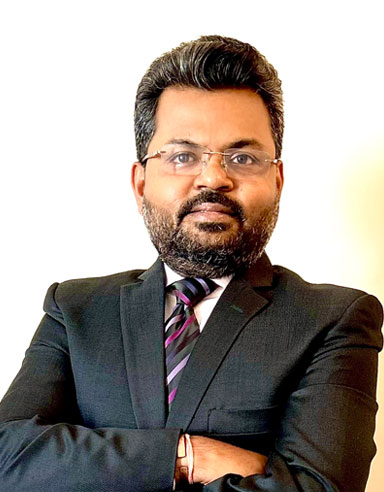"Hot water cleans best!" – A common misconception with consequences for the suction system
It is often assumed that warm or hot water is generally best for cleaning, similar to washing dishes. However, this misconception can pose long-term challenges for the suction system. While hot water is good for dishwashing, for example to remove greasy food residues, the conditions for the suction system are completely different. What we have to "rinse away" when disinfecting and cleaning extraction systems to ensure flawless and hygienic operation are not fats, but proteins - mainly saliva and blood. Anyone who has ever worked with chicken eggs in the kitchen will have a good idea of how protein reacts to heat: it solidifies and clumps together. Experts call this protein "coagulation".
Comparable to fever in the human body
What happens to human proteins when they are heated too much is basically the same. This is also the reason why a body temperature above approx. 40 °C can be dangerous for the human body. The same applies to the suction system in the dental practice. If blood and other proteins coagulate, they can, in the worst case, block the entire system and lead to failure. Hot water at 40 °C and above should therefore never be added to the system. Neither in the mouth rinsing basin nor in the suction container with the cleaning and disinfection solution.
What guidelines say
The authoritative guidelines of the German Working Group for Hygiene in Dentistry, (Deutscher Arbeitskreis für Hygiene in der Zahnmedizin, DAHZ for short), also explicitly call for rinsing the suction system's hose system with cold water after every treatment. Anyone who does anything else is going beyond the DAHZ recommendations.
What should you do if you have already been working with hot water?
If you regularly add warm or hot water to the system, you will probably notice a reduction in suction power. This is the result of deposits from bound protein residues in the system. To prevent these deposits from increasing further, only cold water should be used in future. It is also advisable to have the suction volume checked on the unit. Dürr Dental offers such a measurement as a free service for dental practices and, if required, also provides free advice on optimisation measures for reduced suction power.

